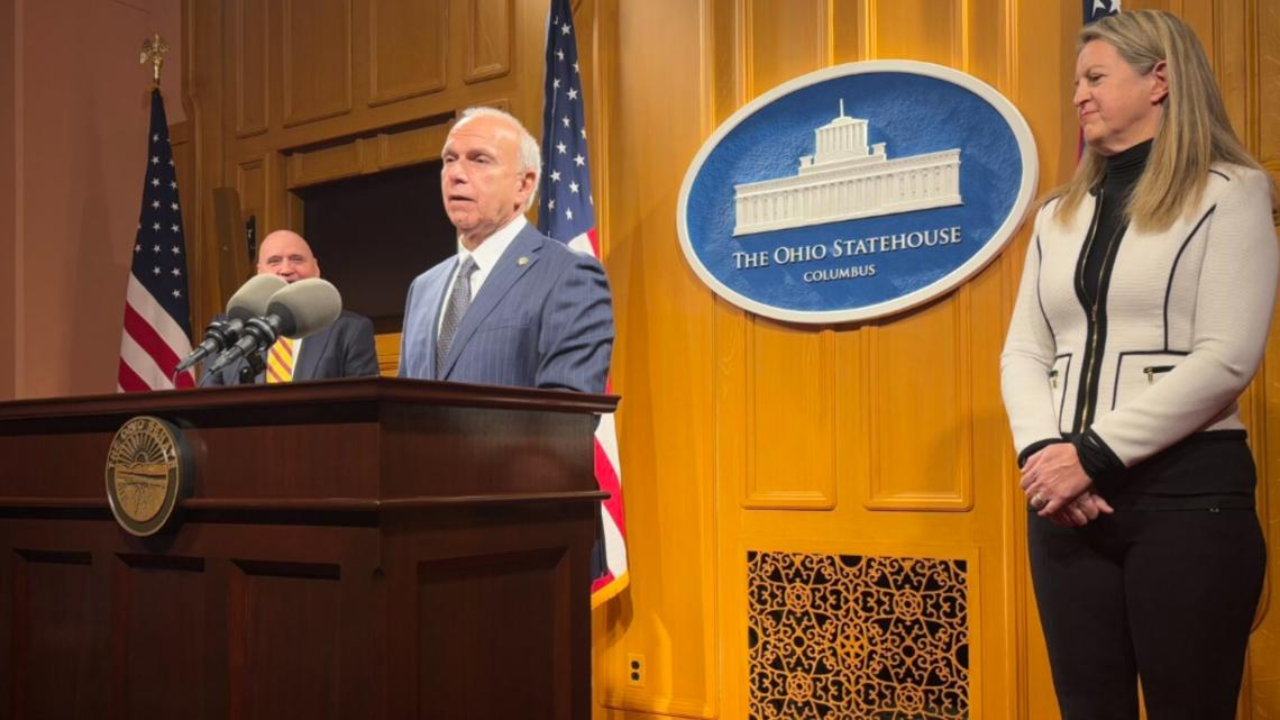Race Day Live Ohio’s Republican senators have introduced a bill aimed at changing public higher education.
This bill, known as Senate Bill 1 (SB 1), seeks to cut funding for Diversity, Equity, and Inclusion (DEI) programs in Ohio’s public universities and also includes a provision to stop college faculty from going on strike.
The bill had its first hearing on January 29 in the Ohio Senate Higher Education Committee.
SB 1 is similar to a previous bill, Senate Bill 83, which aimed to bring conservative changes to the state’s higher education system.
SB 83, which faced strong opposition from faculty and students at Ohio State, passed in the Ohio Senate but did not make it through the House of Representatives.
Ohio Senator Jerry Cirino (R-Kirtland), the main sponsor of SB 1, explained that the bill addresses issues from SB 83 to promote free speech and “diversity of thought” in universities.
Cirino believes that campuses have become dominated by a liberal viewpoint, and SB 1 seeks to encourage a wider range of opinions.
According to Cirino, the bill would make it mandatory for university boards to support a variety of ideas and ensure free expression on campuses.
Pranav Jani, an Ohio State University professor, disagrees with the bill. Jani believes the bill is based on the idea that professors are forcing their views on students rather than encouraging open discussions.
He argues that while the bill claims to support free speech, it also restricts what topics professors can teach, including controversial issues like climate change, abortion, and LGBTQ+ rights.
Rachel Coyle, a policy director for the group Honesty for Ohio Education, also criticized the bill.
She said it would make it hard for professors to teach students about sensitive topics because they would have to let students form their own opinions without guidance.
Coyle added that the bill’s broad language could even prevent professors from correcting students if they give incorrect answers about controversial subjects.
One of the most significant parts of SB 1 is its proposal to eliminate DEI programs from public universities. Senator Cirino argues that DEI programs are unconstitutional and promote discrimination.
He believes these programs categorize people as either victims or perpetrators, which he feels is harmful to students.
However, Coyle disagrees, saying that DEI programs help ensure equal access to education and opportunities for everyone, regardless of their background.
Read More:
- Trump Administration Policy Opens Churches to Immigration Raids, Causing Concern Among Florida Pastors!
- Alexandria Ocasio-Cortez Warns That Political Chaos Is A Strategy To Exhaust Voters!
Another important part of the bill is the proposal to ban faculty strikes. The bill’s no-strike provision aims to protect students by ensuring that their education continues without interruptions.
Cirino believes that faculty strikes disrupt students’ learning and should not be allowed. On the other hand, Jani sees this as an attack on the rights of university faculty.
He argues that the right to strike is essential for workers to have a fair chance in contract negotiations.
Critics, like Jani, believe that SB 1 represents an overreach by the government into university matters.
He compares it to authoritarian control, where the state imposes restrictions on what can be taught and on the rights of faculty members.
Cirino responded by saying that faculty should remember they work for state-funded institutions and are therefore subject to government rules.
This bill is now a key topic in Ohio politics, with many expecting it to spark debates about freedom of speech, the rights of faculty, and the future of education in the state.
Disclaimer- Our team has thoroughly fact-checked this article to ensure its accuracy and maintain its credibility. We are committed to providing honest and reliable content for our readers.

